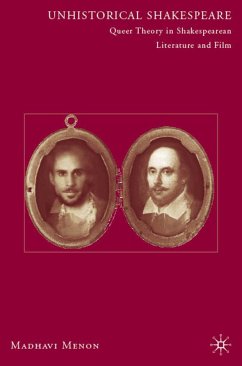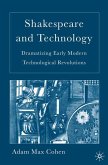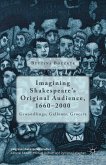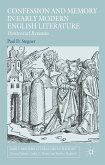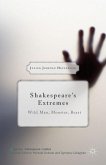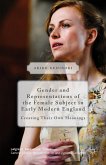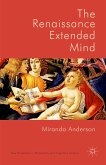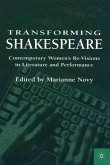"The book is really effective in its application of the'homohistorical' way of reading to Shakespeare's (and others') texts. The argument is theorized with sophistication, and the analysis of the texts is refreshing, offering a new perspective on current approaches to Shakespeare. Menon's study would be of great use to any scholar looking to discuss sexuality in Shakespeare's works." - Sixteenth Century Journal
"A series of original interventions in the field of sexuality studies and Shakespeare studies, Unhistorical Shakespeare critiques historicism's respect for chronology, teleology, and difference in relation to desire, which, Menon argues, does not, in its perversity, submit to classification, nor respect temporal and other normativizations. This is a book that performs its critique by playfully disrespecting chronology, literary influence, genre, register, and tone. It dares to argue that texts about homosexuality may be functioning in the service of straightening out history and vice versa." - Carla Freccero, Professor of Literature, Feminist Studies, and History of Consciousness and Director, Center for Cultural Studies, University of California, Santa Cruz
"Unhistorical Shakespeare is a sustained performance at a very high caliber of thought, and it will make a strong intervention in current historicizing work by early modern literary critics." Jonathan Goldberg, Arts and Sciences Distinguished Professor, Emory
University
"A series of original interventions in the field of sexuality studies and Shakespeare studies, Unhistorical Shakespeare critiques historicism's respect for chronology, teleology, and difference in relation to desire, which, Menon argues, does not, in its perversity, submit to classification, nor respect temporal and other normativizations. This is a book that performs its critique by playfully disrespecting chronology, literary influence, genre, register, and tone. It dares to argue that texts about homosexuality may be functioning in the service of straightening out history and vice versa." - Carla Freccero, Professor of Literature, Feminist Studies, and History of Consciousness and Director, Center for Cultural Studies, University of California, Santa Cruz
"Unhistorical Shakespeare is a sustained performance at a very high caliber of thought, and it will make a strong intervention in current historicizing work by early modern literary critics." Jonathan Goldberg, Arts and Sciences Distinguished Professor, Emory
University

